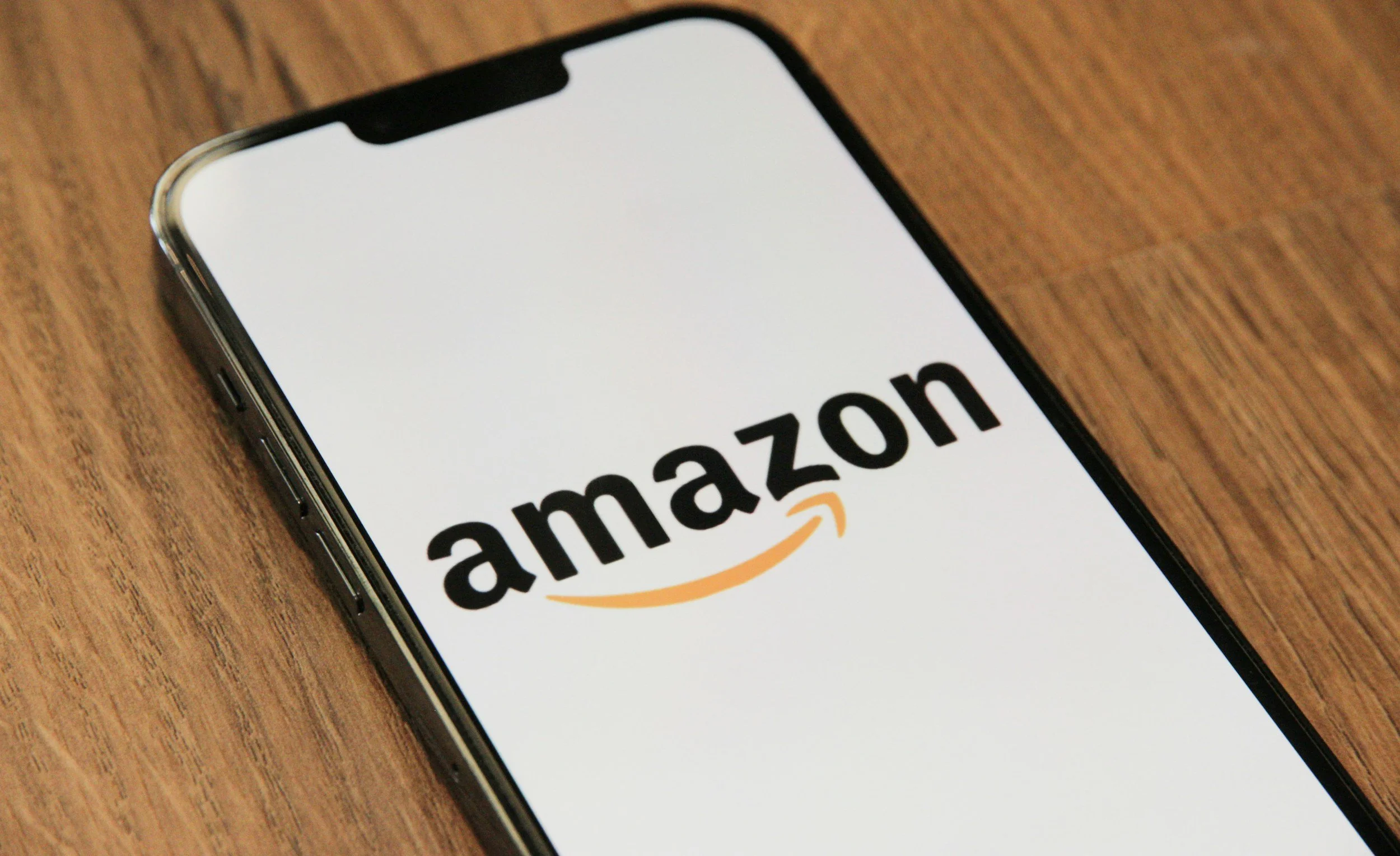10 Reasons to Get Rid of the Amazon App
We live in a world where Amazon is often the first click. When we need something, we open the app. But what if quitting or dialing back our Amazon habit was one of the most meaningful ways to reclaim power — over our spending, over the planet, over our values? Here are 10 reasons to consider deleting that app and changing your habits.
1. Workers’ Rights & Labor Conditions
Amazon has been repeatedly criticized for how it treats its workforce. Workers in warehouses face tight productivity quotas, physically demanding labor, and sometimes unsafe conditions. There are documented cases of injuries nearly double the industry average in Amazon facilities. Green America
By stepping away, you stop being part of the system that tolerates or rewards those conditions.
2. Environmental Impact & Plastic Waste
The environmental cost of Amazon’s packaging is huge. A 2021 report by Oceana found that Amazon generated 599 million pounds of plastic packaging waste in 2020, which is a 29% increase over 2019. That’s air pillows, plastic wrap, and bubble packs — stuff that often becomes pollution. Oceana
Using Amazon less means fewer single-use plastics, fewer delivery boxes, and less of that one-package-per-item madness.
3. Carbon Emissions & Transportation Pollution
From the production of items to the transportation, delivery, and returns — Amazon emits a lot of greenhouse gases. For example, its U.S. transportation (“dock-to-door”) emissions grew significantly in recent years. Pacific Environment
When you buy locally or from slower-delivery vendors (or reuse), you can reduce your personal carbon footprint significantly.
4. Tax Avoidance & Corporate Fairness
Amazon has been accused of aggressively avoiding taxes in multiple countries. In the UK, Ethical Consumer reported losses in tax revenue from Amazon that could have funded public services. Ethical Consumer
If we stop feeding the giant, we help shift where power and wealth flow. Small businesses and local shops often end up taxed more heavily relative to their size and visibility.
5. Overconsumption & Consumerism Pressure
Amazon is engineered for quick, frictionless purchasing. The UX/design of the app — “1-click” buying, recommendations, fast shipping — encourages impulse buys. Every convenience is another push to consume more. WIRED
Getting rid of the app forces you to slow down, to question whether you really need something.
6. Fake Reviews / Marketplace Quality Issues
Because Amazon is mostly a marketplace, there are many third-party sellers. Some products are counterfeit, some are misrepresented, and reviews are not always reliable. Fake reviews are a known problem. My Green Closet+1
Without Amazon, you might do more research, shop from trusted sources, and avoid disappointment or waste.
7. Environmental Justice & Impacted Communities
Amazon’s logistics, warehouses, and delivery routes often create pollution near marginalized communities. Studies show that emissions from transportation and warehouses disproportionately affect low-income and communities of color. Medium
Reducing demand means potentially reducing the scale of those operations and their effect on human lives.
8. Erosion of Local Businesses & Small Sellers
Amazon’s size, pricing strategies, and logistics give it enormous advantage over small, local, or independent makers. Local shops lose when people default to Amazon for “everything.” Wikipedia+1
By choosing local instead, you help sustain your community, its uniqueness, and its economy.
9. Packaging Waste Polluting Oceans & Nature
In addition to the plastic waste already mentioned, much of Amazon’s packaging ends up in waterways, oceans, or as litter. A report found millions of pounds of plastic packaging waste from Amazon ending up in waterways in 2020. Oceana
Use less Amazon = less packaging = cleaner natural spaces.
10. You Gain More Mindfulness, Less Impulse
One of the biggest invisible costs of having an app like Amazon at your fingertips is the impulse. It changes your mindset: everything feels like it should be available now. Over time, that distorts your priorities.
Deleting the app or limiting use gives you space. You start asking: Do I need this? Is this made ethically? Could I borrow, thrift, rent, or wait? That gap gives power over your money, your values, your impact.
What Happens When You Quit (or Cut Back)
Quitting Amazon isn’t about perfection. It’s about small shifts. Maybe:
Deleting the app from your phone so that impulse is harder.
Bookmarking local shops or curated ethical brands instead.
Using library, thrift, or rental before buying new.
Replacing recurring “auto-ships” with manual orders when needed.
Even just cutting down from every purchase to “only when I truly need it” can change something.
Rebel
Amazon is massive for a reason: it’s fast, convenient, feels cheap. But behind that ease are hidden costs—on workers, the planet, communities, truth in marketing, and even our own peace of mind.
If you’re ready to push back, to unlearn habits and build better ones—join us.
Subscribe to The Rebel Consumer—our weekly email that brings you tools, stories, and challenges to help you consume consciously and rebel daily. Your small choices add up. Let’s change everything together.
Sources
GreenAmerica, 10 Reasons Not to Shop Amazon. Green America
Ethical Consumer, Ten reasons to avoid Amazon. Ethical Consumer
Oceana, Exposed: Amazon’s plastic packaging waste report. Oceana
Pacific Environment, Amazon transportation emissions growth. Pacific Environment
Earth.org, Environmental impact of online shopping.

